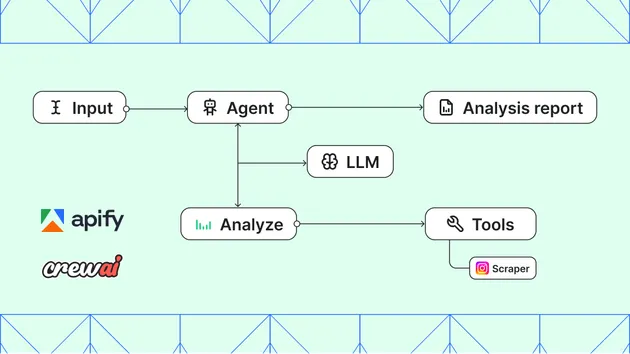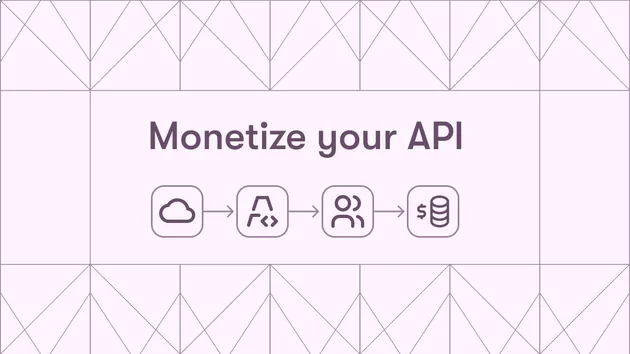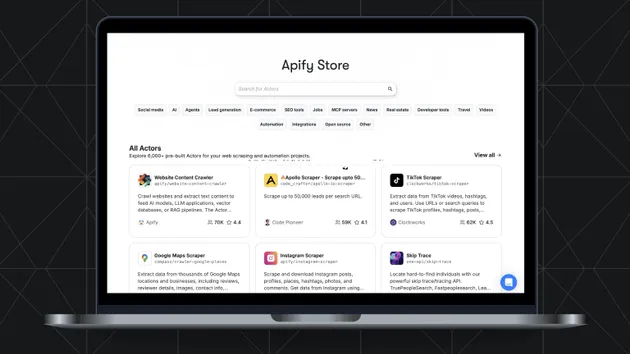Apify Task Usage Reporter
Pricing
Pay per usage
Apify Task Usage Reporter
This actor scans your Apify account and provides a detailed summary of your platform usage and costs, broken down by task. It helps you understand which tasks consume the most resources over a specific period.





